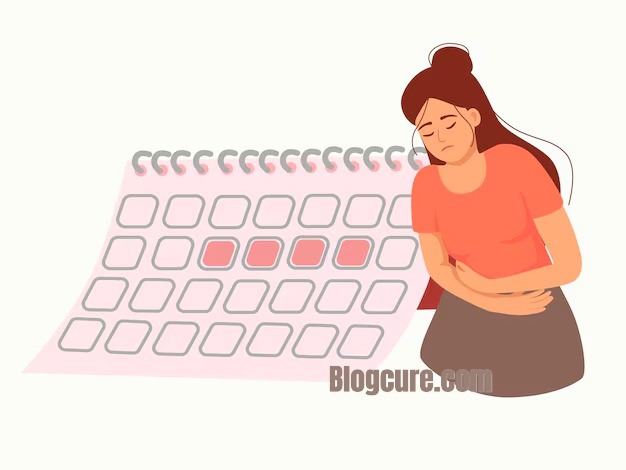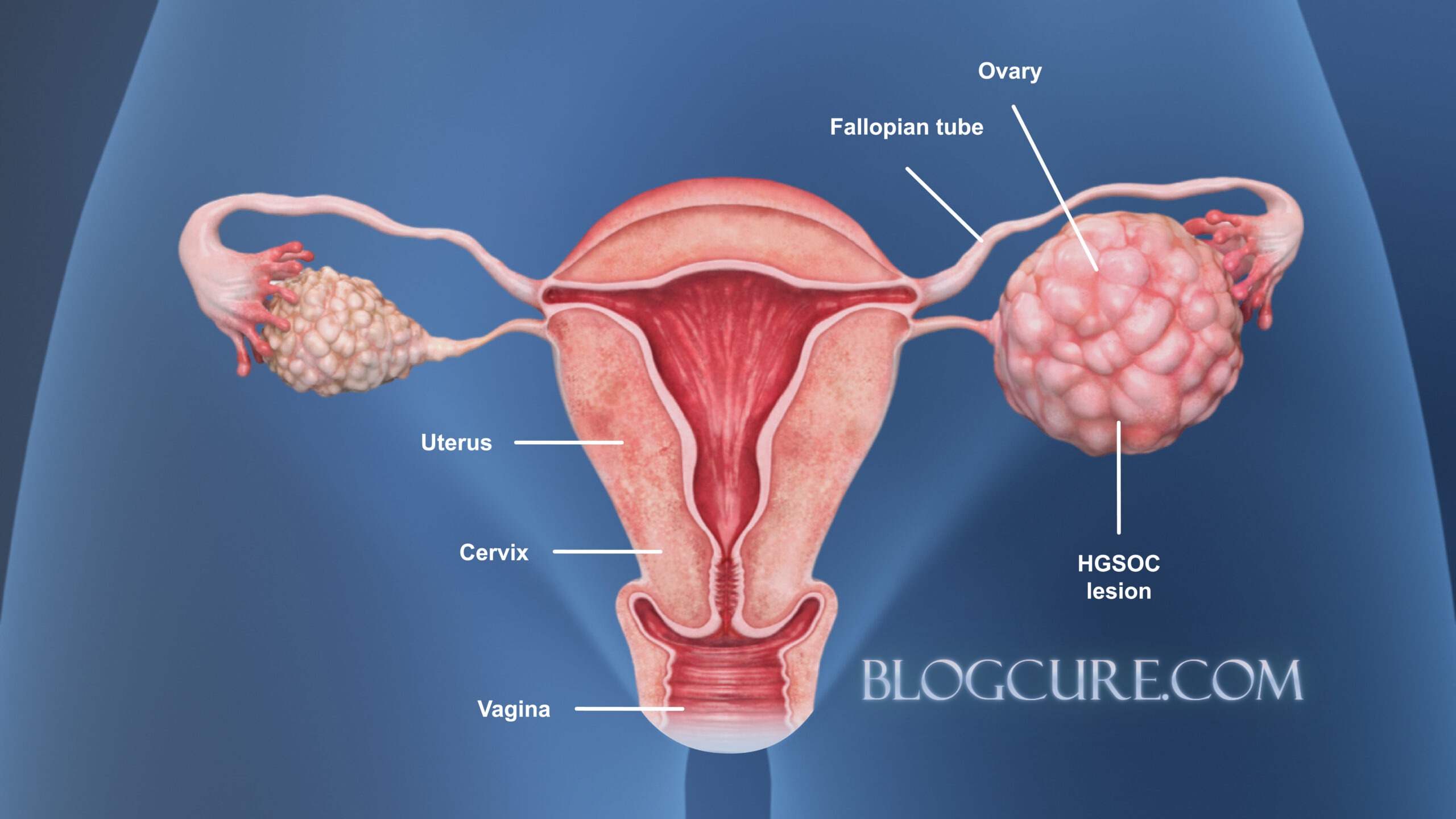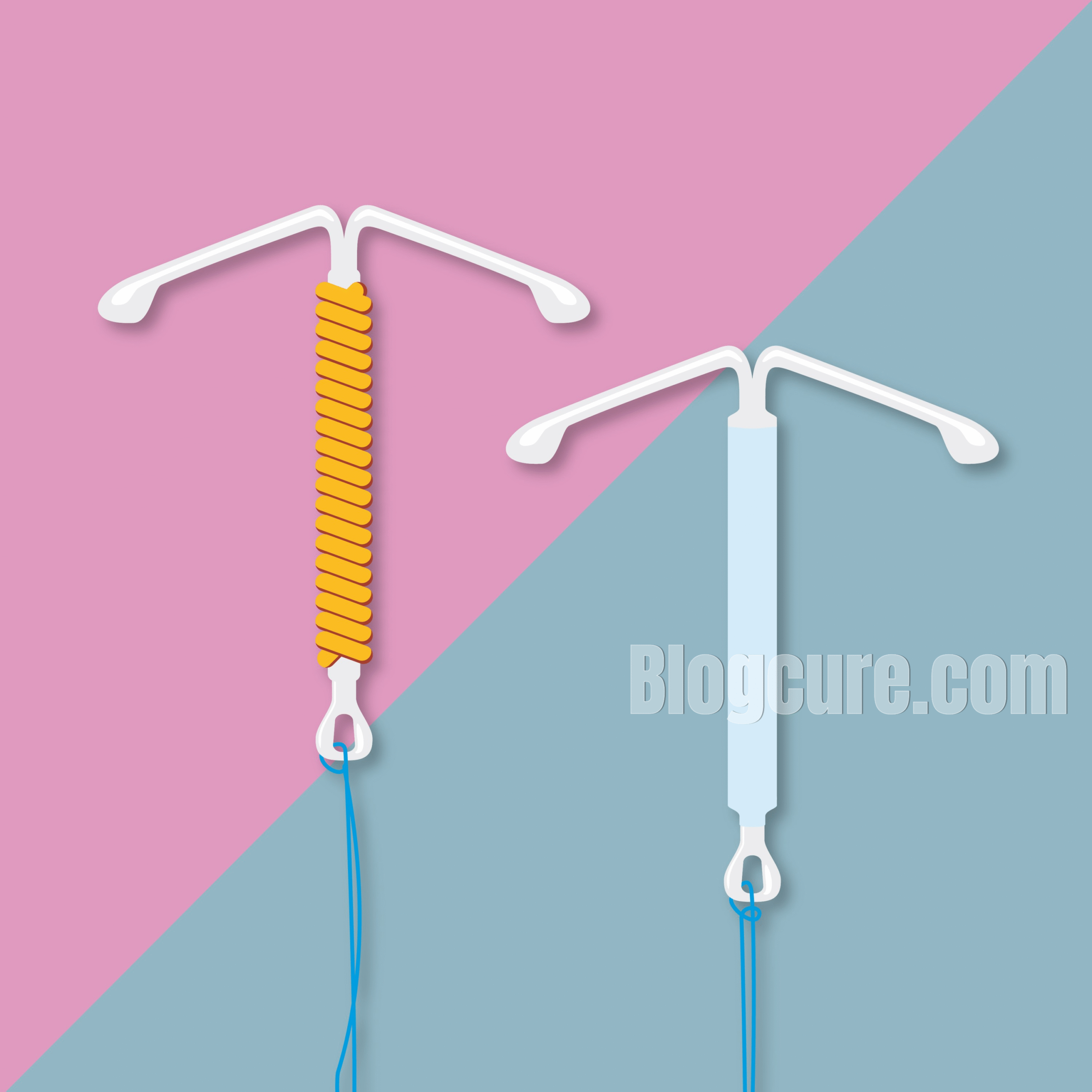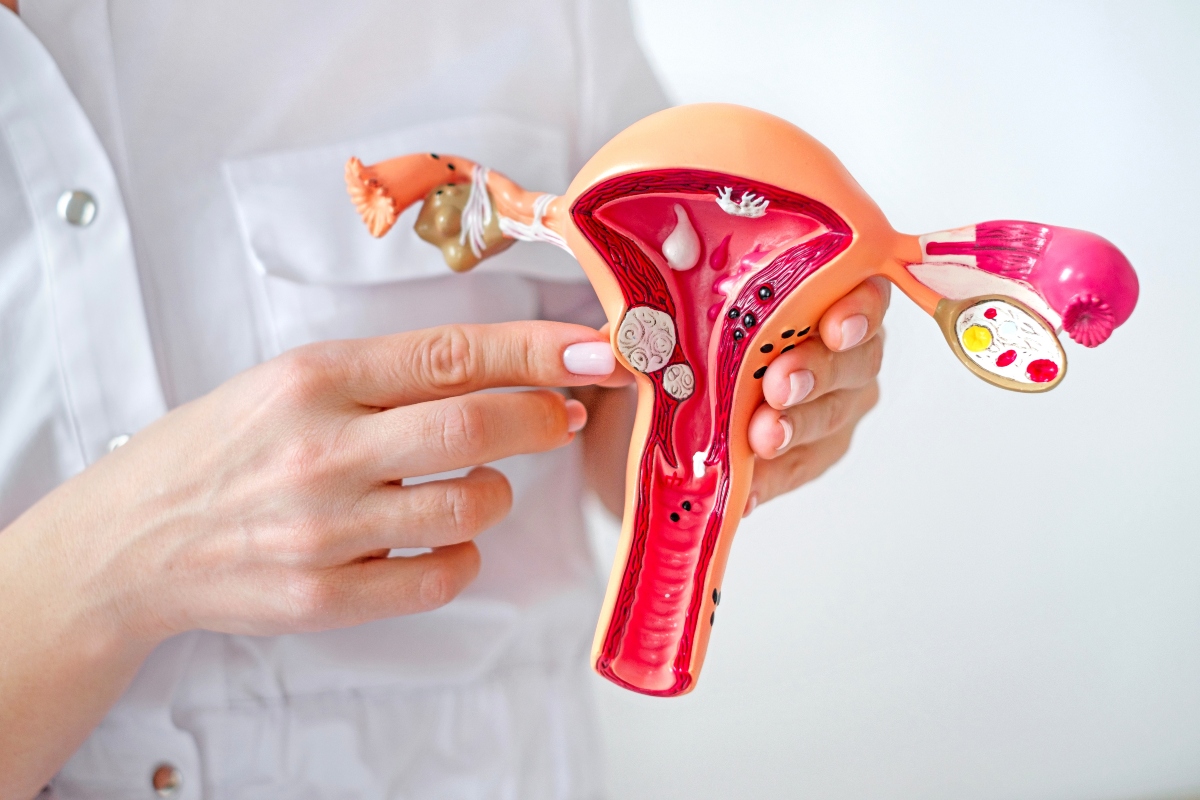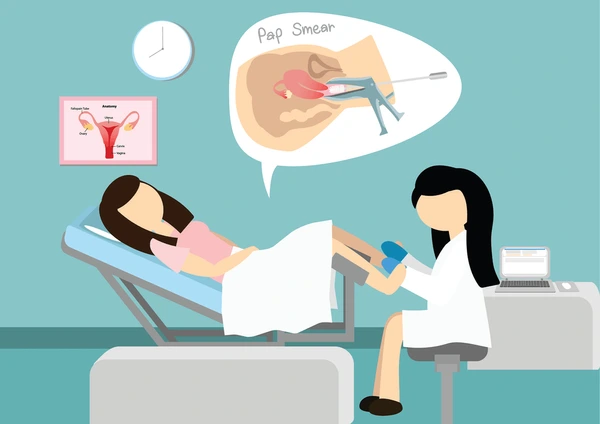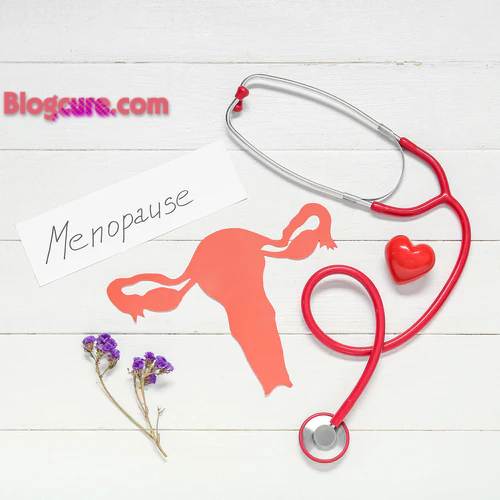
🌸 Nutrition During Menopause: Complete Patient Guide
🩺 Meta Description (SEO):
Learn how proper nutrition during menopause can protect heart and bone health, prevent weight gain, and reduce the risk of osteoporosis and cardiovascular diseases. Discover dietary recommendations, vitamin and mineral needs, and lifestyle tips for women over 45.
🧠 What Is Menopause?
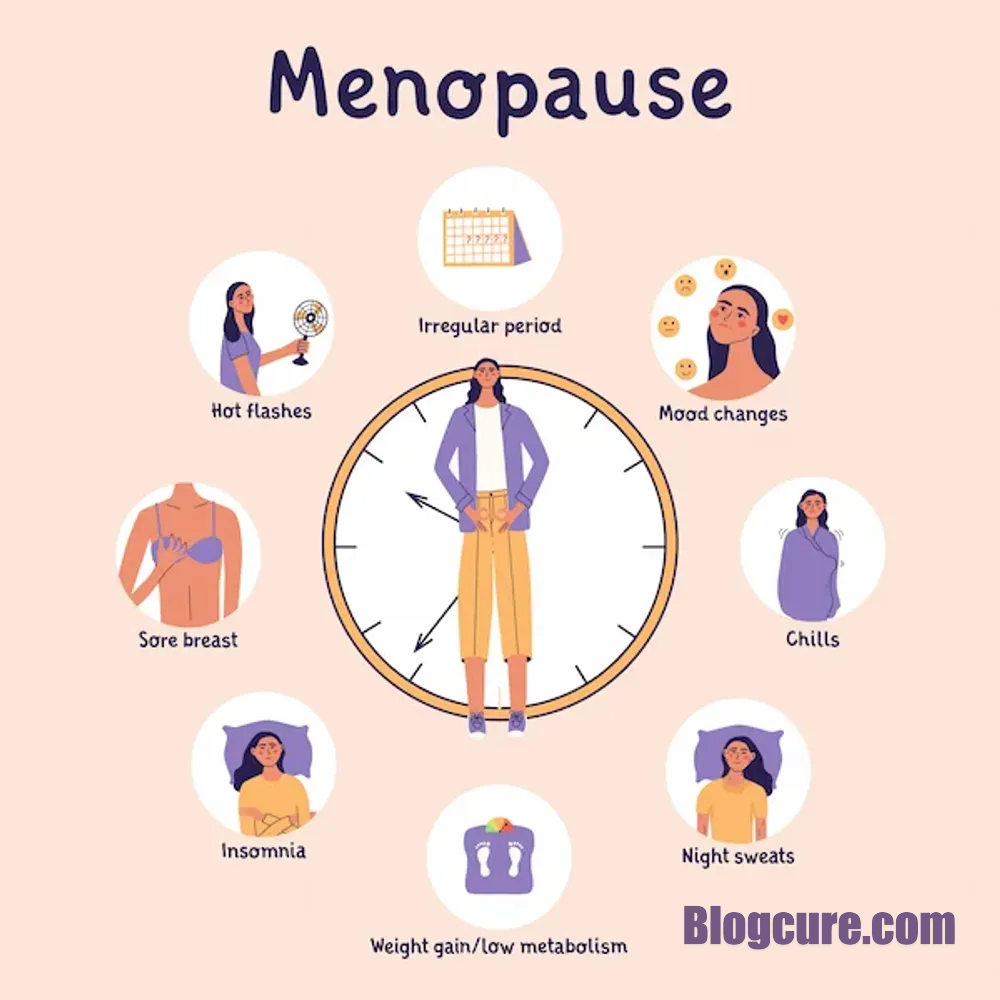
Menopause marks the end of a woman’s reproductive years, characterized by the permanent cessation of menstruation due to a natural decline in ovarian hormone production.
It is not a disease, but a natural biological transition that every woman experiences. However, reduced estrogen levels can lead to several health challenges such as:
| ⚠️ Common Health Risks | Description |
|---|---|
| 🦴 Osteoporosis | Bone density loss and increased fracture risk due to calcium deficiency. |
| ❤️ Cardiovascular Diseases | Lower estrogen levels increase LDL (“bad”) cholesterol and reduce HDL (“good”) cholesterol. |
| ⚖️ Obesity | Decreased metabolism and hormonal changes cause fat accumulation, especially around the abdomen. |
🕐 Typical Age: 48–55 years
Factors influencing menopause onset: nutrition, alcohol and caffeine consumption, smoking, and socioeconomic conditions.
🔥 Common Symptoms of Menopause
Physical Symptoms
- Hot flashes and night sweats 🌡️
- Irregular periods
- Fatigue and insomnia 😴
- Headaches
- Vaginal dryness and frequent infections
- Skin dryness and decreased elasticity
- Urinary urgency or incontinence
Psychological Symptoms
- Anxiety and depression 😔
- Mood swings, crying, irritability
- Poor concentration and memory lapses 🧩
💉 Body Changes During Menopause
| Change Type | Description |
|---|---|
| ⚙️ Metabolism | Energy expenditure decreases; basal metabolic rate drops due to hormonal loss and reduced muscle mass. |
| 💪 Body Composition | Fat mass increases, especially abdominal fat, while lean body mass decreases. |
| 🩸 Blood Lipids | LDL and triglycerides increase; HDL decreases — raising heart disease risk. |
| 🦴 Bone Density | Estrogen loss accelerates calcium excretion → osteoporosis risk increases. |
💡 Tip: Weight-bearing exercises and calcium-rich diets can help maintain bone density and metabolism.
🥗 Nutrition Principles for Menopause
A balanced diet and active lifestyle help maintain:
- Ideal body weight ⚖️
- Bone and heart health ❤️
- Hormonal balance 💊
- Reduced cancer and diabetes risk 🧬
Key Goals:
- Maintain energy balance
- Support cardiovascular and bone health
- Manage weight effectively
- Control blood glucose and cholesterol
🍎 Dietary Recommendations
1. Ensure Variety and Balance
Include all four major food groups in your daily meals:
| Food Group | Examples | Benefits |
|---|---|---|
| 🥛 Dairy | Milk, yogurt, cheese | Calcium for bone health |
| 🍗 Protein | Lean meat, fish, legumes, eggs | Supports muscle and hormone health |
| 🥦 Vegetables & Fruits | Green vegetables, citrus fruits | Antioxidants and fiber |
| 🌾 Whole Grains | Oats, brown rice, whole wheat bread | Energy, fiber, B vitamins |
2. Maintain a Healthy Weight
- Aim for BMI between 23–27 kg/m².
- Avoid rapid weight loss; gradual lifestyle changes are safer.
- Combine moderate calorie restriction with regular exercise.
- Limit processed sugars and refined carbs.
| BMI Range | Category |
|---|---|
| <18.5 | Underweight |
| 18.5–24.9 | Normal |
| 25–29.9 | Overweight |
| ≥30 | Obese |
3. Increase Fiber Intake
Fiber lowers cholesterol, stabilizes blood sugar, and prevents constipation.
| Source | Benefit |
|---|---|
| 🍞 Whole grains | Regulate digestion |
| 🥕 Vegetables & fruits | Provide vitamins and fiber |
| 🫘 Legumes | Help reduce LDL cholesterol |
🔹 Recommended intake: 25–30 g/day
4. Eat Plenty of Fruits & Vegetables
- At least 400g/day (5 portions)
- Rich in vitamins, minerals, and antioxidants
- Help maintain bone mineral density
- Reduce risks of heart disease, diabetes, and some cancers
💚 Green leafy vegetables (rich in folate and magnesium) also support heart and nerve function.
5. Choose Healthy Fats
- Limit total fat to <30% of daily calories
- Reduce saturated and trans fats (butter, margarine)
- Prefer unsaturated fats: olive, soybean, corn, or sunflower oil
🐟 Eat fish at least twice a week — rich in omega-3 fatty acids, supporting brain and heart health.
| Fat Type | Examples | Effect |
|---|---|---|
| ✅ Unsaturated | Olive oil, nuts | Heart-protective |
| ⚠️ Saturated | Butter, red meat | Raises LDL |
| 🚫 Trans | Processed snacks | Increases heart disease risk |
6. Get Enough Calcium & Vitamin D
Calcium prevents bone loss; Vitamin D helps absorption.
| Source | Nutrient | Function |
|---|---|---|
| 🥛 Milk, yogurt, cheese | Calcium | Bone strength |
| 🌿 Leafy greens, legumes | Calcium | Support for bone health |
| ☀️ Sunlight (15–30 min/day) | Vitamin D | Aids calcium absorption |
💊 Supplementation may be advised under medical supervision.
7. Limit Salt, Alcohol, and Caffeine
- Salt: <5 g/day
- Alcohol and smoking should be avoided 🚭
- Caffeine (coffee, cola, tea) in moderation — excessive use increases calcium loss.
- Use herbs and spices instead of salt for flavor.
8. Stay Hydrated
Drink 8–10 glasses (≈2.5 L) of water daily.
Adequate hydration supports kidney function, prevents infections, and maintains digestion.
💧 Prefer:
- Water
- Herbal teas
- Fresh juices and soups
Avoid excessive coffee and sodas.
🏃♀️ Increase Physical Activity
- At least 30 minutes of moderate activity most days
- Examples: brisk walking, swimming, yoga, cycling
- Benefits:
- Improves heart and bone health
- Regulates blood pressure and glucose
- Enhances sleep and mental well-being
💬 Frequently Asked Questions (FAQ) — Nutrition & Lifestyle During Menopause
🩸 General Questions About Menopause
1. What exactly happens to the body during menopause?
Menopause occurs when the ovaries stop releasing eggs and estrogen production significantly decreases. This hormonal change affects metabolism, bone density, skin elasticity, mood, and fat distribution — especially increasing abdominal fat.
2. At what age does menopause usually begin?
Most women experience menopause between ages 48 and 55, but it can vary depending on genetics, smoking, nutrition, stress levels, and lifestyle.
3. Is menopause considered a disease?
No. Menopause is a natural biological process, not an illness. However, hormonal changes can cause symptoms that need management through proper nutrition and lifestyle.
🥗 Diet and Nutrition
4. What foods help balance hormones during menopause?
Include foods rich in phytoestrogens (soy, flaxseeds, chickpeas, lentils), omega-3 fatty acids (salmon, walnuts, chia seeds), and antioxidants (berries, green vegetables). These may help reduce hot flashes and mood swings.
5. How much calcium and vitamin D should I get daily?
Aim for 1,200 mg of calcium and 600–800 IU of vitamin D daily. If you don’t get enough from food and sunlight, supplements may be prescribed by your doctor.
6. Is coffee harmful during menopause?
Excessive caffeine can increase hot flashes, worsen sleep, and reduce calcium absorption. It’s best to limit to 1–2 cups a day and prefer herbal teas instead.
7. Should I avoid dairy products?
No, dairy is one of the best calcium sources. Choose low-fat or lactose-free options if you have digestion issues.
8. Can soy really replace estrogen?
Soy contains isoflavones, plant compounds that act like mild estrogen. Regular soy intake (e.g., tofu, soy milk, edamame) can help reduce hot flashes and protect bones.
9. Is it okay to take multivitamins?
Yes, if prescribed. But food-based nutrients are always better. Overuse of supplements can cause imbalances, especially with calcium, iron, or vitamin D.
⚖️ Weight, Metabolism & Physical Activity
10. Why do I gain weight during menopause even if I eat the same?
Because metabolism slows down due to loss of muscle mass and hormonal changes. Try moderate calorie reduction and regular exercise to balance it.
11. What kind of exercise is best for menopause?
Combine aerobic activities (walking, swimming, cycling) with strength training (weights or resistance bands). These maintain muscle mass and bone density.
12. Can exercise reduce hot flashes?
Yes. Regular physical activity helps regulate body temperature, improves mood, and reduces stress-related hot flashes.
13. How can I lose belly fat after menopause?
Focus on:
- Eating fiber-rich foods (whole grains, fruits, vegetables)
- Avoiding sugar and processed food
- Doing core-strengthening exercises
- Getting 7–8 hours of sleep nightly
🦴 Bone and Heart Health
14. How can I protect my bones during menopause?
Ensure adequate calcium, vitamin D, and protein intake, stay physically active, and avoid smoking or heavy alcohol. Weight-bearing exercise (like walking or dancing) helps keep bones strong.
15. Does menopause increase heart disease risk?
Yes. Estrogen protects the heart; when its level drops, cholesterol balance changes — LDL increases, HDL decreases. Eat heart-healthy fats (olive oil, fish), avoid trans fats, and control salt.
16. Can I develop osteoporosis even if I eat well?
Yes, if risk factors like genetics, smoking, or vitamin D deficiency exist. Nutrition helps reduce the risk, but regular bone density checks are important after age 50.
🌡️ Managing Symptoms
17. What can I do to reduce hot flashes naturally?
- Avoid spicy foods, alcohol, caffeine, and stress.
- Wear light, breathable clothes.
- Keep the room cool at night.
- Practice deep breathing or yoga.
18. Why do I have trouble sleeping?
Low estrogen and progesterone can cause insomnia. Avoid caffeine after 3 PM, establish a bedtime routine, and limit screen time. Herbal teas like chamomile may help.
19. Is vaginal dryness normal? What helps?
Yes, it’s due to estrogen decline. Hydration, omega-3 fatty acids, and vaginal moisturizers (water-based) help. Avoid perfumed soaps or alcohol-based products.
20. Why do I feel more anxious or emotional?
Hormonal fluctuations affect neurotransmitters. Regular meals, exercise, and stress reduction techniques (yoga, meditation, journaling) are beneficial.
🚭 Lifestyle and Habits
21. How much water should I drink daily?
At least 2.5 liters (8–10 glasses) per day. Hydration supports digestion, urinary health, and temperature regulation.
22. Can I drink alcohol occasionally?
Light, occasional drinking (1 glass of wine per week) is acceptable for most, but heavy drinking increases risk of osteoporosis, cancer, and heart problems.
23. How does smoking affect menopause?
Smoking accelerates menopause, worsens hot flashes, reduces bone density, and lowers estrogen. Quitting smoking significantly improves symptoms and overall health.
💊 Medical and Supplement Questions
24. Should I consider hormone replacement therapy (HRT)?
HRT may help with severe symptoms and prevent bone loss, but it’s not suitable for everyone. Always discuss risks (e.g., breast cancer, blood clots) with your doctor.
25. Do herbal supplements like black cohosh or evening primrose oil work?
Some women find relief, but results vary. Always check safety and dosage with your healthcare provider before using herbal remedies.
26. How often should I get my bone density checked?
Every 2 years after menopause, or earlier if you have risk factors such as early menopause, low body weight, or family history of osteoporosis.
27. How can I tell if I’m getting enough nutrients?
Regular blood tests (for vitamin D, calcium, cholesterol, and glucose) help track your nutritional status. Dietitians can also evaluate your daily intake.
❤️ Emotional & Social Well-being
28. Why do I feel less motivated or tired all the time?
Hormonal decline affects serotonin and energy levels. Balanced meals, sufficient sleep, and regular exercise help boost vitality.
29. Can menopause affect sexual life?
Yes. Low estrogen may cause vaginal dryness or discomfort. Lubricants, open communication with your partner, and professional guidance can help restore confidence.
30. Is it possible to feel happy and energetic again after menopause?
Absolutely. With the right diet, exercise, stress control, and mindset, many women feel even stronger and more confident post-menopause.
🌼 Summary Tip for Patients
“Menopause is not the end of femininity — it’s a new phase of strength, balance, and self-care. Nutrition, movement, and self-love are your best medicines.” 💪💖

